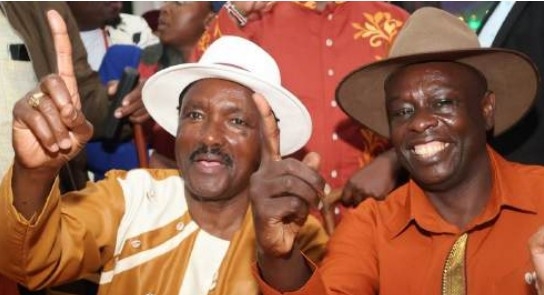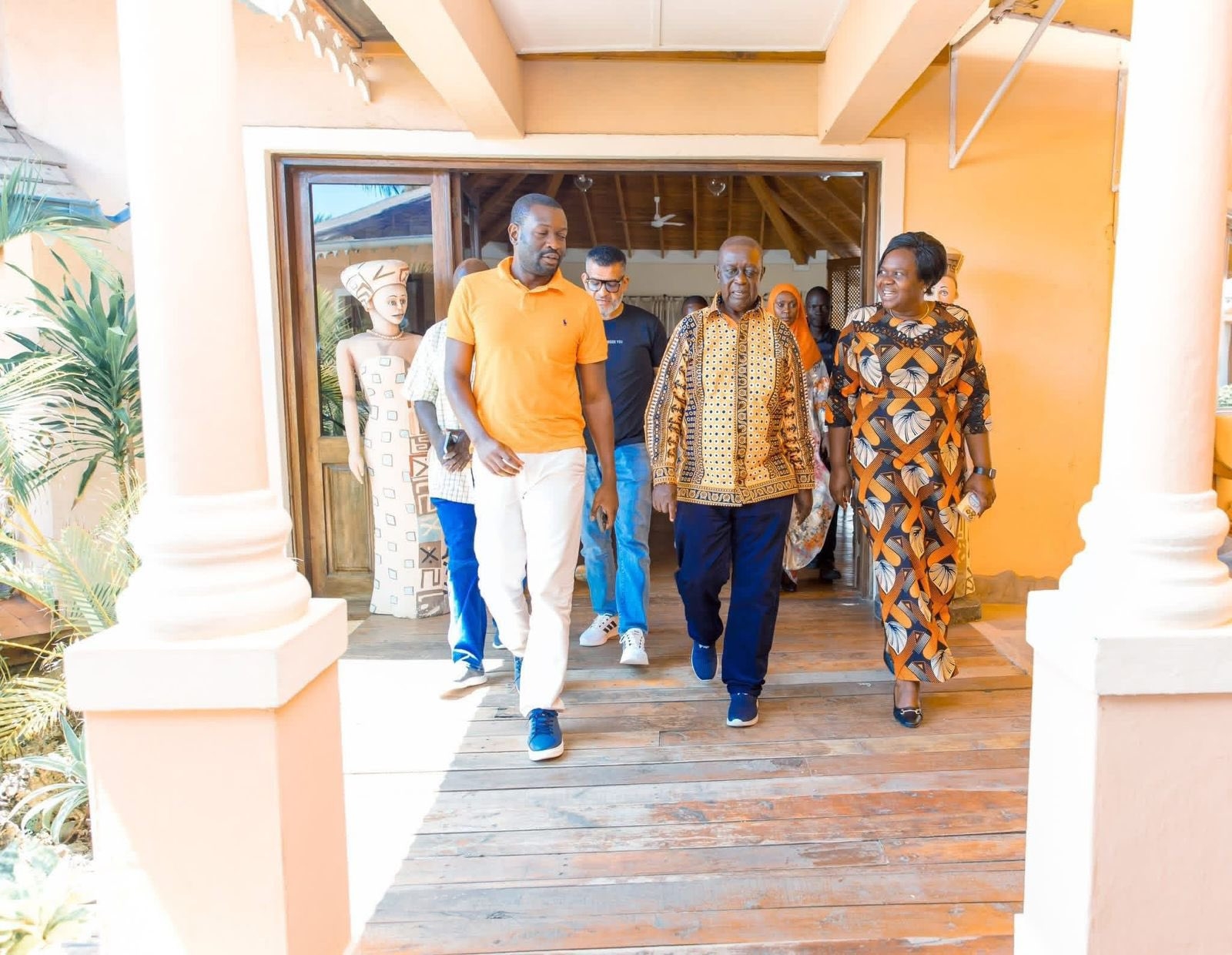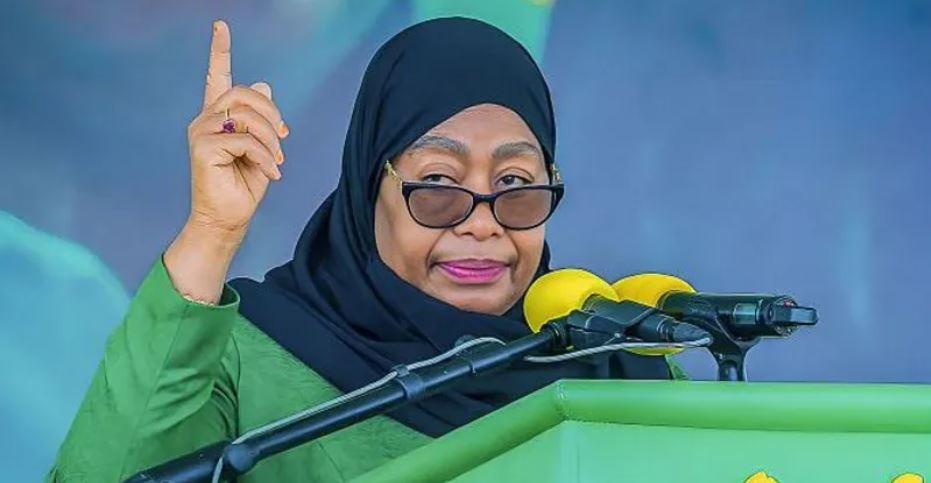Book: Season of Crimson Blossoms
Author: Abubakar Adam Ibrahim
Publisher: Parresia Books
Year of publication: 2015
Number of pages: 345
Genre: Fiction
Abubakar
Adam Ibrahim is a known name in the world of African literature. Some
of his many accolades include being shortlisted for the Caine Prize for
African writing, and winning both the BBC African Performance Prize and
the Amatu Braide Prize. His first offering was The Whispering Trees, a short story collection, followed by Season of Crimson Blossoms, the
first full novel by the Abuja resident. The latter follows the lives of
two protagonists Hajiya Binta Zubairu and Hassan 'Reza' Babale. Hajiya
is a highly respected widow in her 50s and is known for her adherence
to the Islamic faith. She lives on the outskirts of Jos in Nigeria with
her teenage niece Fa'iza and her young granddaughter Ummi. The minors
are staying with her due to the dangerous mix of religion and politics
at the Northern Nigeria region. Reza,
on the other hand, is the lead thug at the San Siro, a local hideout
for a bunch of non-outstanding members of the Nigerian society that
specialise in mugging and selling drugs. They are also on the payroll of
a local senator who uses them whenever he needs them, especially at
political rallies. One
day the two meet as Hajiya unknowingly walks in on Reza, who was
robbing her home blind. On seeing her, he also steals more stuff from
her and takes off into the late afternoon.
Eventually
they meet again and have sex, which was a weird dynamic as it is sort
of incestuous to them. She reminded him of the mother who abandoned him
to engage in prostitution in Jeddah, and he reminded her of a son who
who died in her arms; a child she was never able to call by his given
name as the naming traditions.
The
two characters are involved in mad drama as they navigate the weird
behaviour of the family and the complications resulting from Reza's
work. In between all this, they have to find a way to deal with their
primal urges.
Because
of the its pace, this book will not keep you up late at night,
feverishly trying to get to its unlikely conclusion. While I found
myself pausing and doing other tasks even as the book went to its
climax, the extremely well-written prose kept me engaged along the way.
This book has been a huge revelation for me about the middle/northern Nigerian question as it has taken our perceptions, about a Nigeria that is always tearing itself apart because of sectarian violence, and brought them to life. It portrayed people who have been through hell but are still dealing with their issues like every other human beings. But it goes beyond this: it looks at the happenings in Nigeria before the elections of March 28, 2015.
So would I recommend that you read this book. Yes.
Star rating: 4












